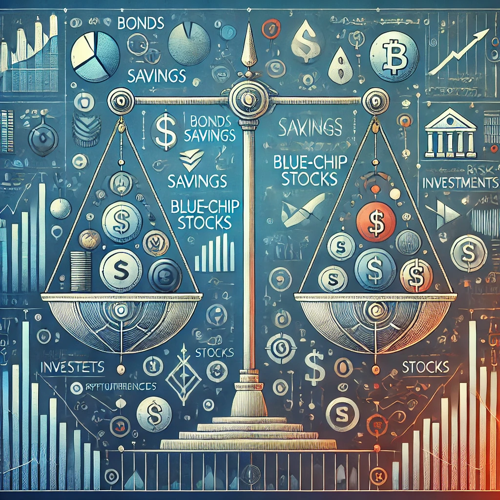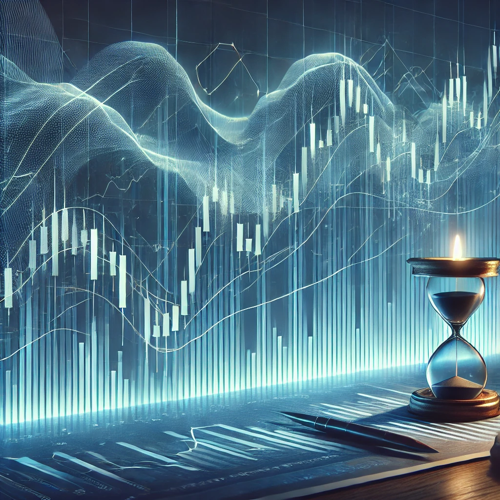Forex and Physical Investment Differences. Forex Trading. Physical Trade and Forex Trade. Forex Education. Best FX Brokers.
Differences Between Forex and Physical Investment
How to Make Investments Between the Two and What are the Differences?
Forex Investing: Forex is a type of trading that takes advantage of the value changes between currency pairs around the world. Investors make trading transactions by predicting the value movements of currency pairs, for example EUR/USD. The Forex market is the world’s largest financial market in terms of daily trading volume and is open 24 hours a day, providing great liquidity. Transactions are usually executed through online platforms. The use of leverage allows traders to open large positions with a small margin, which can increase potential gains, but can also magnify risks.
Physical Investment: Physical investments involve the buying and selling of tangible assets. Such investments usually involve precious metals (gold, silver) or immovable property such as real estate. Investors must hold and store the assets they actually own. For example, when an investor buys a gold bar, he or she physically owns it and must usually keep it in a safe place. Property investments, on the other hand, are about buying, renting or selling property and usually require a long-term strategy.
Information on liquidity and when to invest
Forex Trading: The forex market is highly liquid, offering traders the opportunity to trade around the clock. This provides the ability to buy and sell currency pairs quickly and keeps transaction costs generally low. High liquidity makes it possible to trade large volumes in the forex market. However, the use of leverage.
Physical Investment: The liquidity of physical investments varies depending on the type of asset. For example, real estate investments often require prolonged trading periods and can take time to sell. However, some physical assets, such as precious metals, can be liquidated more quickly depending on market demand. Cashing out physical assets can sometimes be complicated because the transaction process involves additional factors such as transport and custody.
Risk and Profit
Forex Investment: The Forex market has high volatility and exchange rates can show large fluctuations in the short term. This situation offers high earning opportunities, the use of leverage offers opportunities to make big profits with a low portfolio.
Physical Investment: Physical investments generally have lower volatility. For example, gold historically tends to appreciate over the long term and provides a hedge against inflation. Property investments also generally offer more stable returns. However, the values of precious metals and real estate can also change depending on market conditions and economic factors.
Storage and maintenance
Forex Trading: Forex transactions are conducted in a digital environment; therefore, no physical assets are involved. This allows traders to trade without dealing with physical custody or maintenance requirements.
Physical Investment: Physical assets require additional costs and effort to store and maintain. For example, a gold bar must be stored in a safe place and the property must be regularly maintained. This may increase security and maintenance costs.
Investment Instruments and Information
Forex Trading: In the forex market, it is common to trade using technical and fundamental analysis. Technical analysis involves evaluating price charts, while fundamental analysis involves studying economic indicators and market news. Forex brokers offer a variety of analysis tools and platforms.
Physical Trading: For physical investments, information gathering is usually related to market trends and economic data. For property investments, local market conditions, property values and economic factors play an important role. Investment in precious metals is based on the worldwide economic situation and market demand.
Taxation and Legal Regulations
Forex Investment: Forex transactions are taxed as capital gains in most countries. Tax regulations vary according to local laws and traders need to keep track of their tax obligations.
Physical Investment: The taxation of physical assets varies depending on the type of asset and the country. In the sale of real estate, tax is paid on the gain from the increase in the value of the property. Different tax regulations may apply to the sale of precious metals.


